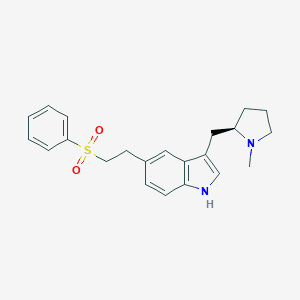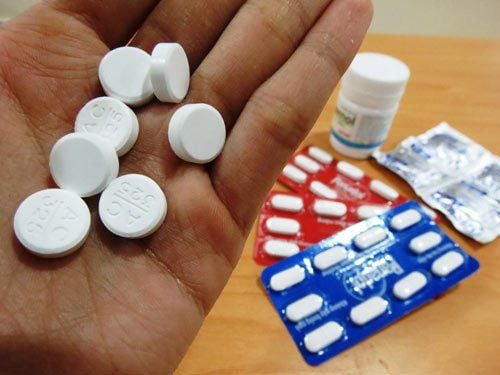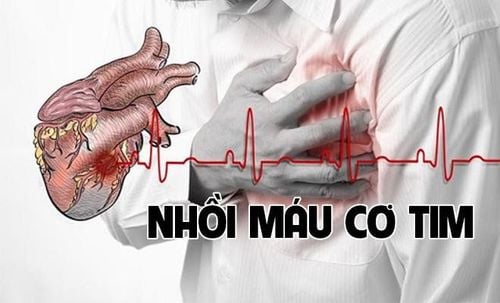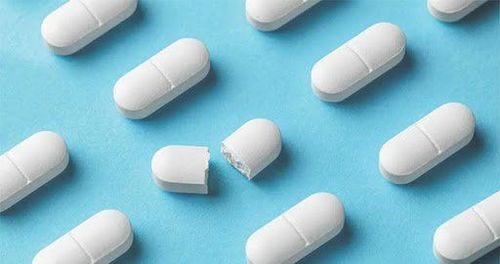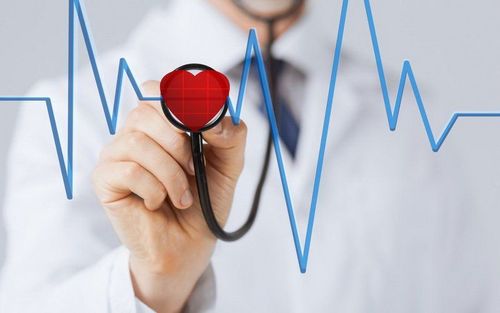This is an automatically translated article.
Coffee is one of the most loved beverages in the world. In fact, people globally consume almost 19 billion pounds for 8.6 billion kilograms of coffee each year. However, there is much debate about whether regular coffee consumption is actually good for the body or not - especially about the effect of this beverage on blood pressure and heart health.1. Risk of spike in blood pressure
Research shows that coffee's impact on blood pressure readings is effective almost immediately after consumption. A review of 34 studies found that consuming 200 to 300 mg of caffeine from coffee – approximately the amount consumed between 1.5 and 2 cups – resulted in an average increase of 8 mmHg and 6 mmHg in blood pressure readings. systolic and diastolic, respectively.
Nghiên cứu chỉ ra rằng tác động của cà phê lên việc chỉ số huyết áp có hiệu quả gần như ngay lập tức sau khi tiêu thụ
This effect was observed for up to three hours after the participants consumed coffee, and the results were similar in both those with normal blood pressure and those with high blood pressure.
However, caffeine was found to have little effect on the blood pressure readings of regular coffee drinkers. This is thought to be because the body's tolerance to caffeine increases with the habit of consuming this beverage.
Trắc nghiệm: Bạn có hiểu đúng về huyết áp cao không?
Huyết áp cao còn được gọi là kẻ giết người thầm lặng vì bệnh thường không có triệu chứng. Thiếu hụt kiến thức về huyết áp cao có thể làm cho tình trạng bệnh trở nên trầm trọng hơn. Dưới đây là những câu hỏi trắc nghiệm vui giúp bạn hiểu đúng về bệnh cao huyết áp.2. Long-term effects
Although coffee can raise blood pressure readings soon after it's consumed, the effect appears to be short-term. For people with high blood pressure, current research suggests that daily coffee consumption does not appear to have a significant impact on blood pressure or overall heart disease risk.In fact, coffee may provide a number of health benefits. For healthy people, research shows that drinking 3 to 5 cups of coffee a day is associated with a 15% lower risk of heart disease and a lower risk of premature death.
Coffee contains many bioactive compounds that are known to have strong antioxidant effects and can reduce oxidative stress in the body.
Some researchers theorize that the health benefits from coffee may outweigh any potential negative effects that caffeine has on people who drink this beverage regularly.
However, Medicine still needs more research to understand the effects and effects of coffee on human health in the long term. So far, coffee consumption seems to be completely safe and may even be a helpful habit to have.
3. High blood pressure should drink coffee?

Nếu người bệnh cao huyết áp tiêu thụ cà phê ở mức vừa phải sẽ có không có ảnh hưởng đáng kể nào tới huyết áp
Several bioactive compounds found in coffee may provide health benefits, including reducing oxidative stress and inflammation.
However, like all foods, too much caffeine is not recommended, especially if the user already has high blood pressure because caffeine can raise blood pressure in the short term. Therefore, balancing coffee consumption is as important as balancing nutrients from other foods.
Regular physical activity combined with a diet rich in fruits, vegetables, lean meats and whole grains remains one of the best ways to balance blood pressure and promote heart health.
Please dial HOTLINE for more information or register for an appointment HERE. Download MyVinmec app to make appointments faster and to manage your bookings easily.
Reference article: Healthline.com



